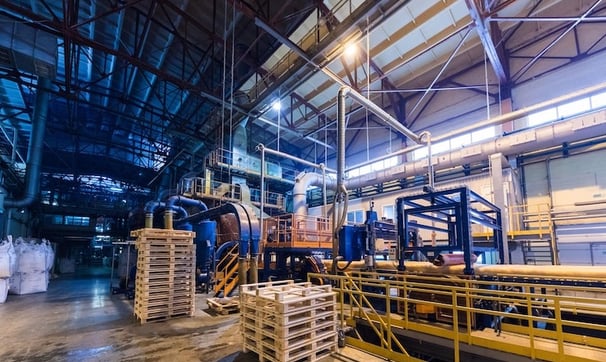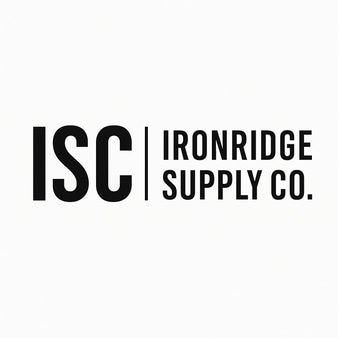Conveyor Rollers: Choosing Between Steel, Nylon & Coated Options
CONVEYOR SYSTEM


Conveyor rollers are the unsung heroes of any material handling system. Whether moving parcels, heavy equipment, or delicate goods, the right roller can significantly impact your line’s efficiency, safety, and maintenance costs. But with materials like steel, nylon, and coated rollers available—how do you choose?
Understanding the Role of Conveyor Rollers
Conveyor rollers provide support and motion for belts or directly handle conveyed items in roller-based systems. Their primary functions include:
Reducing friction
Supporting load weight
Maintaining belt tracking
Absorbing shock and vibration
Material selection directly affects performance, durability, and operating costs.
1. Steel Rollers
Pros:
Extremely durable and impact-resistant
Ideal for heavy-duty and high-load applications
Long service life under harsh environments
High temperature resistance
Cons:
Noisy operation
Heavier weight increases energy consumption
Not suitable for corrosive or cleanroom environments without special coatings
Best For:
Mining and quarrying operations
Industrial equipment manufacturing
High-load conveyor sections in factories
2. Nylon Rollers
Pros:
Lightweight and easy to install
Quieter than steel rollers
Resistant to chemicals, moisture, and many solvents
Low friction surface for minimal wear
Cons:
Lower load-bearing capacity
Can warp under high heat or prolonged heavy loads
May crack under sudden impact
Best For:
Food processing lines (non-heated)
Pharmaceuticals and cleanroom systems
E-commerce fulfillment or light goods handling
3. Coated Rollers (Rubber or Urethane)
These are steel or nylon rollers with an outer coating designed to improve grip, reduce noise, or protect sensitive materials.
Pros:
Excellent shock absorption
Protects fragile goods during transfer
Quiet and smooth operation
Available in anti-static and food-safe variants
Cons:
Coating can wear over time
Higher upfront cost
May not be suitable for abrasive environments
Best For:
Packaging lines handling glass or electronics
Inclined conveyors needing extra grip
Pallet return or buffer zones
Maintenance Tips for Conveyor Rollers
Inspect rollers monthly for wear or buildup
Replace any rollers with excessive runout or surface cracks
Keep lubrication schedules consistent for steel bearing housings
For coated rollers, monitor for signs of peeling or soft spots
Common Mistakes to Avoid
Overloading nylon rollers – leads to deformation or roller failure
Using coated rollers in abrasive applications – coatings wear prematurely
Skipping alignment checks – even the best rollers fail if the conveyor is misaligned
Ironridge Supply Co. Conveyor Rollers
We stock a full range of conveyor rollers, including:
Heavy-duty steel rollers for industrial conveyors
Impact-resistant nylon rollers in multiple bore sizes
Urethane-coated rollers for silent, secure product handling
Custom-built rollers to match legacy systems
Need help choosing? Our technical team can spec your rollers based on load weight, RPM, temperature range, and roller spacing.
Conclusion
Choosing the right conveyor roller material isn’t just about upfront cost—it’s about long-term performance, safety, and maintenance efficiency. Steel, nylon, and coated rollers each have their place. Use this guide to match the roller to your application, and keep your line moving smoothly.
📞 Get a Custom Roller Spec in 24 Hours
🧰 Download Our Roller Maintenance Checklist. Download
